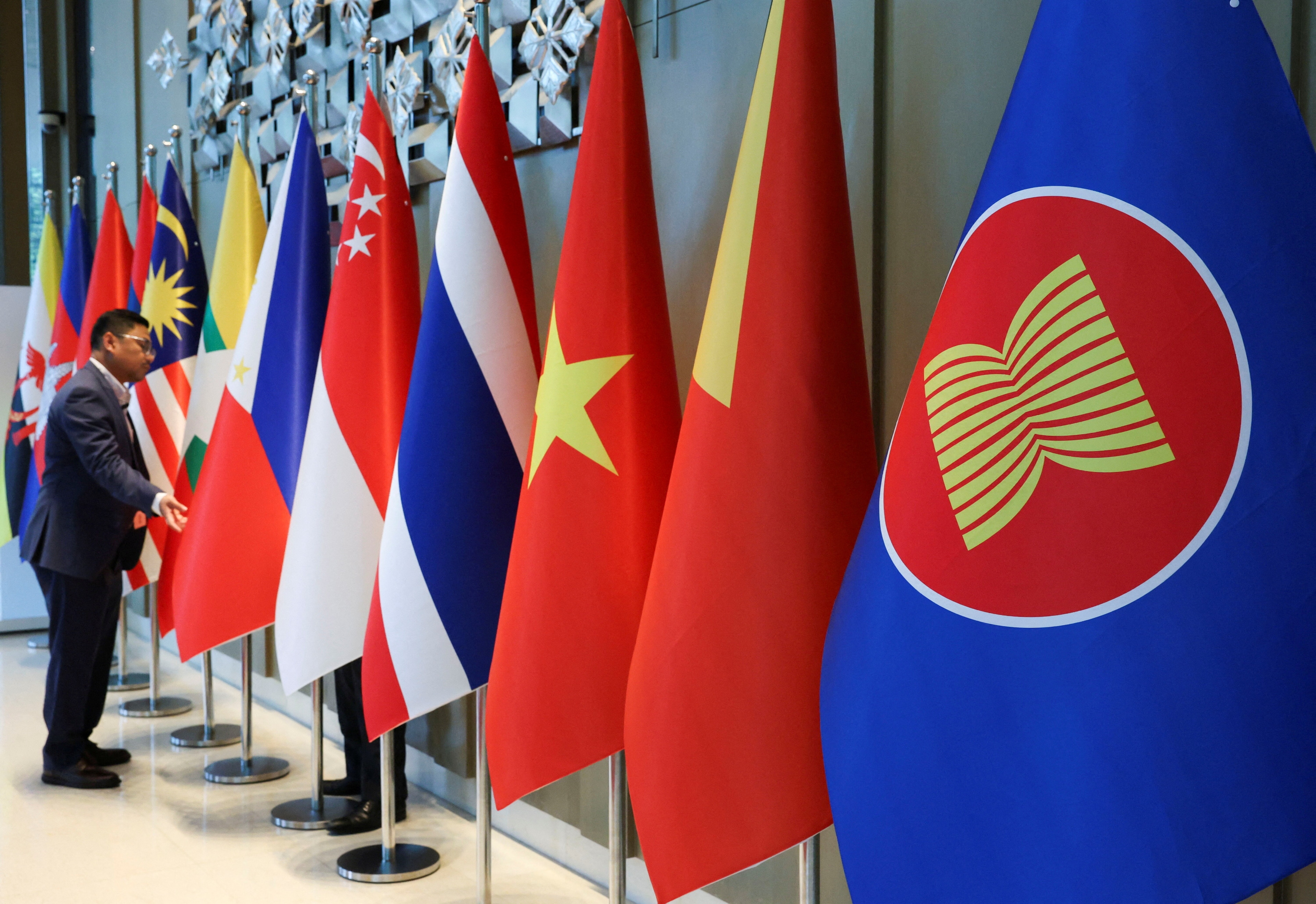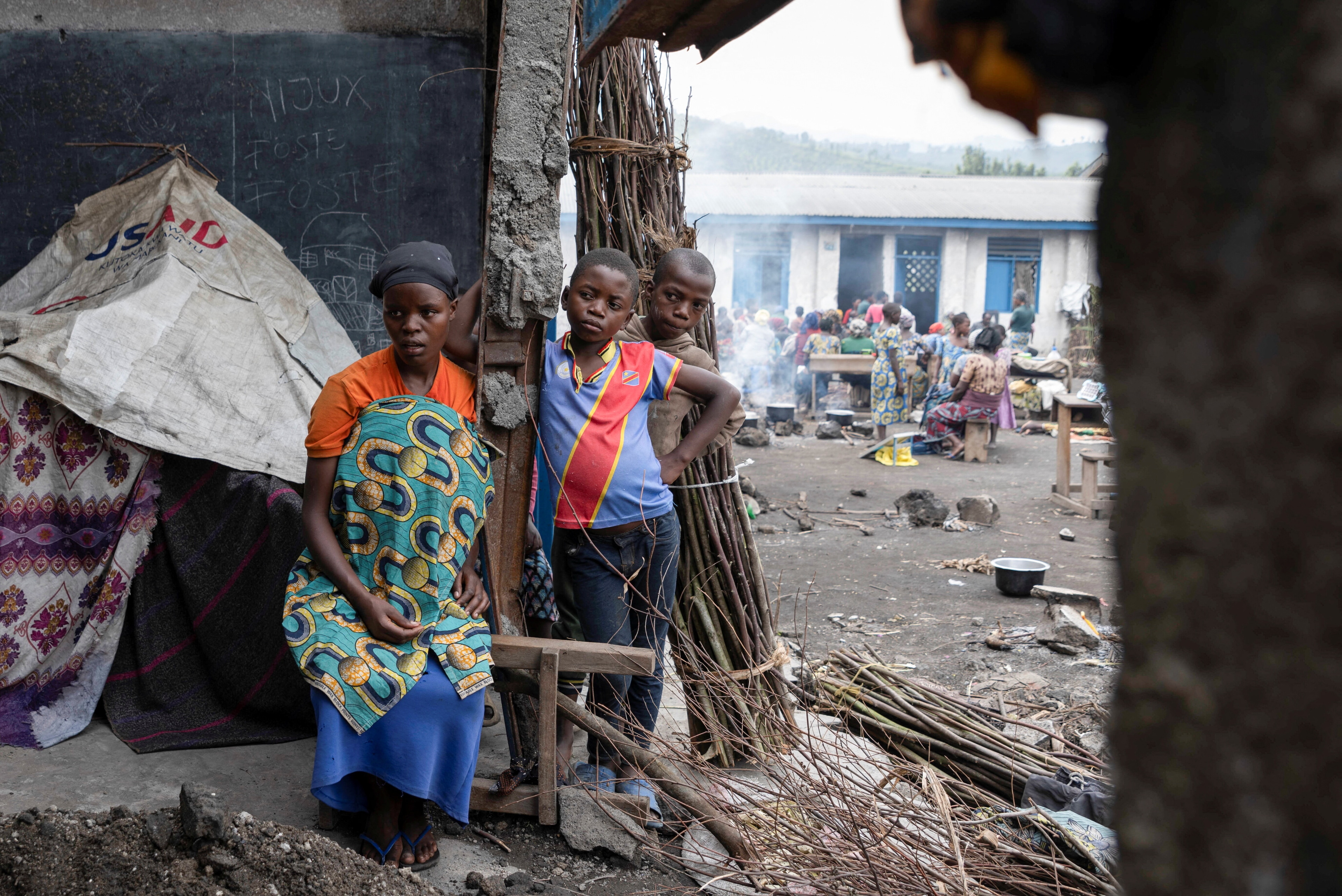Opinion
Global cooperation can coexist with competition

A fragmented world doesn't mean global cooperation is not strong.
Image: iStock
Stay up to date:
Global Cooperation
- Despite the world becoming more fragmented, there are positive signs of global cooperation, as indicated by the Global Cooperation Barometer developed by the World Economic Forum and McKinsey & Company.
- There is optimistic cooperation around climate and nature, trade and capital and health and wellness; in contrast, innovation and technology are seeing more competition and peace and security remain volatile.
- New approaches allowing for cooperation will be crucial to solving world challenges as these become more demanding.
Have you read?
There is an overwhelming sense the world is sliding toward a more competitive and even confrontational era as wars rage across the globe, companies reassess supply chains and frontier technologies become frontlines of strategic rivalry. Yet, in the face of these signs of divide, there are hints of global cooperation that it is more resilient, in some respects, than expected.
Last year, for instance, the group of the world’s 20 largest economies – the G20 – reached a consensus on increasing climate action and reforming development financing institutions despite expectations that an agreement would be impossible. And, for the first time, leaders from over 190 countries agreed at the 2023 United Nations Climate Change Conference (COP28) in November 2023 that the world should transition its energy use away from fossil fuels.
Division or accord?
To answer this question, the World Economic Forum and McKinsey & Company developed a new tool – the Global Cooperation Barometer – to measure the state of global cooperation. Using 42 metrics, the barometer measures global cooperation from 2012-2022 across five pillars:
- Trade and capital
- Climate and nature
- Innovation and technology
- Health and wellness
- Peace and security
These pillars are aggregated into an overall assessment that offers insight into the state of global cooperation.
The barometer finds that global cooperation rose steadily from 2012 to 2020. Despite an overall decline beginning in 2020, the downturn was relatively mild and there were even some upticks. The level of “climate and natural capital” cooperation (a composite of nine indicators) rose steadily due largely to positive trends in financial commitments to climate mitigation and adaptation. To be sure, despite growing climate cooperation, greenhouse gas emissions continue to increase, meaning a critical next step is translating the momentum of commitments into results.
And, while the “trade and capital” cooperation pillar showed volatility during the pandemic and estimates expect a decline in trade of goods for last year, many metrics of the pillar (including labour and capital flows) returned to solid growth in the post-pandemic period.
A mixed picture
Two other pillars present a positive, albeit more mixed story in recent years. Cooperation in “health and wellness” rose until 2020, with development assistance for health, trade in health goods and flows of health-related research and development and intellectual property all growing steadily. However, disparities in the distribution of vaccines and competition for scarce resources such as protective and testing equipment impeded the collective resolution of the pandemic. Still, cooperation has grown since 2021 and now rests above pre-pandemic levels.
Cooperation in “innovation and technology” showed strong and significant growth until 2020 but has now levelled off as countries have raced to dominate key technologies and ban exports of geo-strategically important goods.
The most significant drag on global cooperation over the past decade, particularly during the post-pandemic period, has been a sharp decline in “peace and security” cooperation – a composite of six indicators reflecting growing numbers of forcibly displaced people, cyberattacks, conflicts and conflict-related deaths. While there are no easy answers, it is clear this is one area in dire need of collective effort to address.
The alternative of waiting to see eye to eye on everything before cooperating means the opportunity for action will pass by.
”Global cooperation is nuanced
Despite the reality that the state of global cooperation has both positive and negative elements, there is often a tendency to view cooperation and confrontation as binary – either parties cooperate or do not. The barometer shows that global cooperation can and does occur amid a global divide.
In many respects, this isn’t a new story. During the Cold War, the United States and the Soviet Union aligned on global health, security and climate campaigns, among other things. By the 1980s, smallpox had been eradicated, nuclear weapons proliferation agreements had been signed and a roadmap to repairing the atmosphere’s ozone layer was in place. The private sector has long practised what is known as “coopetition,” with rival companies competing for market share but aligning to achieve shared objectives, such as addressing climate change.
Today, at a time when the forces of polarization are firm but the need to work together is crucial, leaders must reimagine cooperation. Finding new approaches that allow for cooperation even in today’s more competitive climate will be crucial for addressing the most fundamental global challenges ahead because a warming planet, a fragile global economy and both increasing opportunities and concerns around rapid advancements in digital technologies all demand cooperative approaches to address.
The alternative of waiting to see eye to eye on everything before cooperating means the opportunity for action will pass by.
Don't miss any update on this topic
Create a free account and access your personalized content collection with our latest publications and analyses.
License and Republishing
World Economic Forum articles may be republished in accordance with the Creative Commons Attribution-NonCommercial-NoDerivatives 4.0 International Public License, and in accordance with our Terms of Use.
The views expressed in this article are those of the author alone and not the World Economic Forum.
Related topics:
Forum Stories newsletter
Bringing you weekly curated insights and analysis on the global issues that matter.
More on Global CooperationSee all
Mirek Dušek
July 18, 2025
Juan Caballero and Ana Sampaio
July 18, 2025
Robert Piper
July 17, 2025
Lisa Satolli
July 17, 2025
William Dixon
July 16, 2025
Danny Rimer
July 14, 2025





